Have you ever been haunted by the ghosts in your head? By a memory or experience from your past? Something that lingers in your mind long after it’s over, affecting your behavior and emotions in profound ways? Have you ever thought like “There’s a monster in my mind”?
Maybe it’s a regret, a missed opportunity that you wish you could go back and change. Or perhaps it’s a traumatic event that still sends shivers down your spine whenever you think about it.
These are the psychological ghosts that we carry with us, the memories and emotions that haunt us in our heads. They can be positive or negative, but they all have one thing in common: they can have a powerful impact on our lives.
It can be unresolved issues from past relationships, unresolved childhood trauma in adults, unresolved trauma in adults, or maybe all three.
So what are these psychological ghosts in your head? Let’s find out.
Related: 8 Types Of Childhood Trauma And How To Defeat And Heal From Them
What Are Psychological Ghosts?
Psychological ghosts are the ghosts that haunt us in our minds. They are the memories, emotions, and experiences that we carry with us long after the events themselves have passed. These ghosts can be positive or negative, and they can affect our behavior, thoughts, and emotions in profound ways.
Think for a moment about a regret that you have. Maybe it’s something small, like not taking that job offer or not asking someone out on a date. Or maybe it’s something bigger, like not standing up for yourself when you needed to or not pursuing a dream that you had.
Now, think about how that regret makes you feel. Do you feel sadness or disappointment? Do you feel like you missed out on something important? Does it affect the way you make decisions in your life now?
Or, perhaps you have experienced trauma in your life. Maybe it was a car accident, a natural disaster, or an assault. This can show up as unresolved trauma in adults, and the memory of that event may still be with you, causing you to feel anxiety, fear, or other intense emotions.
These psychological ghosts in your head can be difficult to deal with, and they can have a profound impact on your life. But it’s important to remember that you are not alone in this experience. We all have memories and emotions that haunt us in some way.
So, how can you learn to cope with these psychological ghosts in your head? How can you find ways to move forward and live your life in a healthy and positive way?
Before we talk about that, let us know more about the types of psychological ghosts you live with, but don’t realize it.
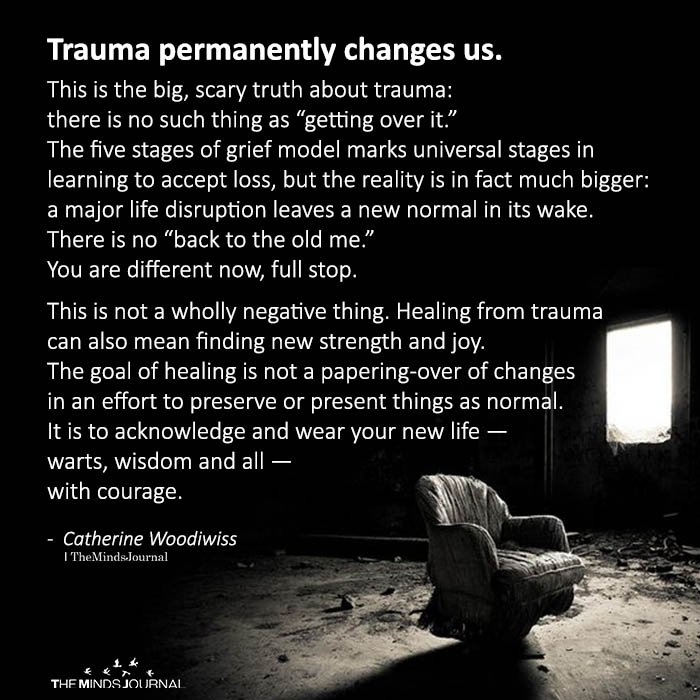
11 Types Of Psychological Ghosts In Your Head And How To Cope
1. Unresolved issues from past relationships.
Unresolved issues from past relationships are one of the most common types of psychological ghosts in your head that can linger in your mind and affect your current relationships.
These unresolved issues can include unresolved feelings of hurt, anger, betrayal, or patterns of behavior that were established in past relationships that continues to impact your current relationships.
For example, if you experienced infidelity in a past relationship and did not address the underlying issues, they may bring trust issues or a fear of commitment into your future relationships.
Similarly, if you experienced emotional abuse in a past relationship, you may struggle with feelings of low self-esteem and trust issues.
How To Deal With This:
It’s important to address these unresolved issues from past relationships, in order to move forward and build healthier relationships.
This may involve seeking therapy, practicing self-reflection, and setting boundaries in new relationships to avoid repeating unhealthy patterns from the past. Working on unresolved issues from past relationships can help you live a happier life.
2. Unresolved trauma in adults.
Unresolved trauma in adults is a type of psychological ghost that can have a profound impact on your mental and emotional well-being.
Traumatic experiences, such as physical or emotional abuse, neglect, or natural disasters, can leave lasting imprints on your psyche, leading to symptoms such as anxiety, depression, and post-traumatic stress disorder (PTSD). Unresolved trauma can manifest in various ways, including flashbacks, nightmares, and avoidance of triggers that remind the person of the traumatic event.
Unresolved trauma in adults can also lead to difficulty forming and maintaining relationships, low self-esteem, and a sense of disconnection from yourself and others.
How To Deal With This:
Seeking therapy or other forms of professional help can be an effective way to address unresolved trauma in adults and begin the healing process.
This may involve techniques such as talk therapy, cognitive behavioral therapy, or eye movement desensitization and reprocessing (EMDR), which can help you work through and heal from traumatic experiences.
Related: 10 Anxious Behaviors That Could Actually Be Trauma Responses
3. Unresolved childhood trauma in adults.
This is another one of those psychological ghosts in your head that can significantly hamper your mental health and well-being. Childhood trauma can include physical, emotional, or sexual abuse, neglect, or growing up in a household with substance abuse or mental health issues.
These experiences can leave lasting imprints on your psyche, leading to a range of symptoms such as depression, anxiety, low self-worth, and difficulty forming and maintaining healthy relationships. These are some of the major signs of unresolved childhood trauma in adults.
Unresolved childhood trauma in adults can also manifest in patterns of behavior such as substance abuse, self-harm, or unhealthy coping mechanisms.
How To Deal With This:
Seeking professional help, such as therapy or counseling, can be an effective way to address unresolved childhood trauma in adults and begin the healing process.
Therapists can provide a safe space for you to explore and process your trauma, learn healthy coping mechanisms, and work through any lingering emotional or psychological effects of your childhood experiences.
4. Unhealthy attachment styles.
Unhealthy attachment styles can also be considered as one of the huge monsters in head that can haunt you till the end of time. Attachment styles are often formed in your childhood and can be influenced by a range of factors, including the quality of the relationship between you and your parent/parents.
There are four main attachment styles: secure, anxious-preoccupied, dismissive-avoidant, and fearful-avoidant. Individuals with unhealthy attachment styles may struggle with intimacy, trust, and emotional regulation in their relationships.
For example, those with an anxious-preoccupied attachment may have a heightened fear of rejection or abandonment, while those with a dismissive-avoidant attachment may struggle to form emotional connections with others.
How To Deal With This:
Understanding and addressing unhealthy attachment styles can be an important part of developing healthy, fulfilling relationships.
This may involve seeking therapy or counseling, practicing mindfulness and self-reflection, and learning healthy communication and conflict-resolution skills.
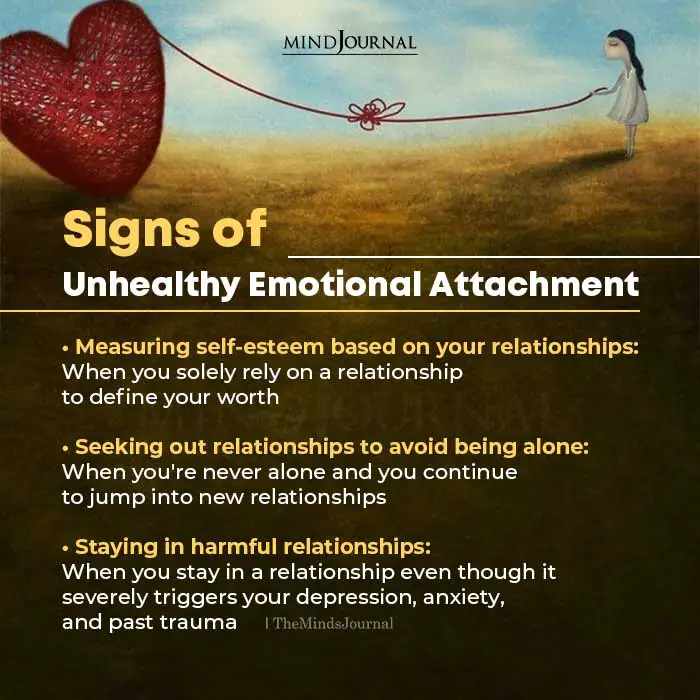
5. Being betrayed by someone you loved and trusted.
Betrayal can be another type of psychological ghost that can have a significant impact on your mental and emotional well-being. Betrayal can come in many forms, such as infidelity, dishonesty, or breaking a promise, and can occur in various relationships, including romantic relationships, friendships, or professional relationships.
It can lead to feelings of anger, hurt, and mistrust, as well as difficulties in forming and maintaining healthy relationships. These feelings can also manifest in physical symptoms, such as headaches or difficulty sleeping. It can also affect your ability to take risks and try new things, leading to a fear of vulnerability.
How To Deal With This:
It’s important to address feelings of betrayal in order to heal and move forward. This may involve seeking support from a therapist or counselor, practicing self-care, and engaging in activities that bring a sense of joy or fulfillment.
It’s also important to set boundaries in relationships and communicate openly and honestly about expectations to avoid future instances of betrayal.
Related: 7 Types Of Emotional Baggage And How To Unpack Them
6. Experiencing injustice.
Injustice can be one of the most horrible psychological ghosts in your head and can leave a lasting psychological impact on you. It is the feeling of being treated unfairly or unjustly, which can trigger a range of negative emotions such as anger, frustration, and helplessness.
This ultimately leads to a persistent and haunting feeling that can impact your ability to trust others and form healthy relationships. When you experience injustice, you may feel a sense of powerlessness, which can lead to a lack of control over your emotions and behavior.
This can cause you to withdraw from others, become isolated, or even experience depression and anxiety. Additionally, the experience of injustice can create a sense of distrust towards authority and institutions, leading to a lack of faith in the justice system and other systems of power.
How To Deal With This:
It is essential to address the aftermath of injustice by seeking support, speaking out against injustice, and finding ways to cope with the negative emotions it brings.
Additionally, Cognitive-behavioral therapy (CBT), mindfulness-based interventions, social support, advocacy and activism, and self-care can help you a lot in dealing with difficult feelings.
By doing so, you can begin to heal and move forward, which will help you to form healthy relationships and trust others again.
7. Feeling guilty about your past mistakes.
If one of the psychological ghosts you live with is guilt, then safe to say, it’s one of the most painful things to experience.
Guilt is a powerful psychological experience that can linger long after you have made a mistake or behaved in a way that you feel was wrong. It is a feeling of remorse or regret for something that an individual has done or failed to do.
Guilt can be a healthy emotion that motivates you to make amends for your actions or make positive changes in your life. However, if left unchecked, guilt can become a psychological ghost, haunting you and impacting your mental health.
It can cause you to dwell on your mistakes, feel ashamed, and experience negative emotions such as anxiety and depression. It can also affect your self-esteem, leading to a lack of confidence and difficulty trusting others. Over time, unaddressed guilt can become a burden that impacts every aspect of your life.
How To Deal With This:
To address the psychological effects of guilt, you can practice self-compassion, seek support from loved ones, and seek professional help if needed.
By acknowledging your mistakes, making amends, and focusing on self-improvement, you can work through feelings of guilt and move towards a healthier and happier life.
8. Losing someone you love.
Loss is a universal experience that every human being goes through in their life. It is the feeling of grief and sorrow after losing something or someone important in our lives, such as a loved one, a job, a relationship, or a personal possession.
The psychological ghosts of loss can be overwhelming, leading to you feeling a range of emotions such as sadness, anger, guilt, and loneliness. It can also impact your sense of identity, purpose, and worldview, leading to a period of questioning and introspection.
How To Deal With This:
To deal with the psychological ghosts in your head, you can practice self-care, seek support from friends and family, and engage in healthy coping mechanisms such as exercise, meditation, or therapy.
It is important to allow yourself to grieve and process the loss in a healthy way, acknowledging that everyone’s journey through grief is unique. Over time, you will learn to live with the loss and find ways to honor and remember what you have lost while moving forward with your life.
Related: The 8 Types Of Emotional Wounds and How To Heal Them
9. Shame or humiliation you experienced in the past.
Shame and humiliation are two of the most disturbing monsters in head you can have.
Shame and humiliation can create lasting psychological ghosts in your psyche. Shame is the feeling of being inherently flawed, worthless, or inferior, while humiliation is the feeling of being exposed, disrespected, or degraded in front of others.
Both experiences can lead to negative beliefs about yourself, such as feeling unlovable, inadequate, or powerless.
Additionally, it can lead to you isolating yourself, avoiding social situations, and suffering from low self-worth, depression, and anxiety. They can also impact your relationships, causing you to struggle with trust and intimacy issues.
How To Deal With This:
Seeking support from a therapist, practicing self-compassion, and engaging in activities that promote self-worth and self-care can work wonders for you. It is important to recognize that everyone experiences feelings of shame and humiliation at some point in their lives and that seeking help is a sign of strength.
Through healing and self-growth, you can overcome the ghosts of shame and humiliation and learn to love and accept yourself as you are.
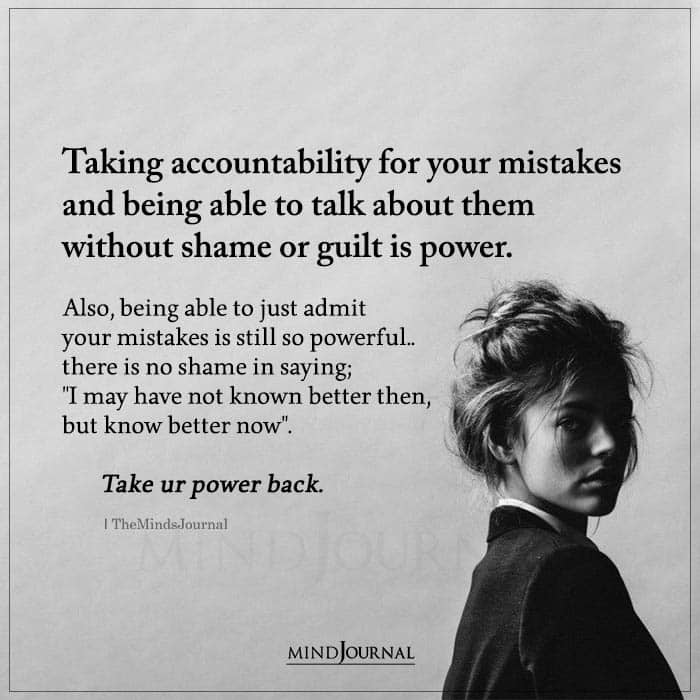
10. Struggling to deal with failure.
Failure is a common experience that can have a profound impact on your mind. It is the feeling of disappointment and regret after falling short of your goals or expectations. The psychological ghosts of failure can cause you to doubt your abilities, lose confidence, and feel ashamed of your mistakes.
The mental impact of failure can vary from person to person, but it can lead to negative emotions such as anxiety, depression, and stress in almost everyone who experiences it. It can also affect your motivation, causing you to avoid taking risks or pursuing new opportunities.
How To Deal With This:
Self-compassion, social support, and therapy are some of the best things you can do to deal with failure. Engaging in healthy coping mechanisms such as meditation, and exercise can also help you a lot.
It is important to reframe the perception of failure and view it as an opportunity for growth and learning. By acknowledging your mistakes and taking steps towards self-improvement, you can overcome the psychological ghosts of failure and move forward with renewed confidence and resilience.
11. Having regrets about the things you may or may not have done.
This is one of the saddest monsters in head you can have.
Regret is a powerful psychological experience that can linger long after you have made a decision or taken an action that you feel was wrong. It is the feeling of remorse or sorrow for something that you have done or failed to do.
Having regrets can cause you to dwell on your past actions, feel guilty, and experience negative emotions such as anxiety, self-anger, shame, guilt, and depression.
Regrets can be a healthy emotion that can motivate you to make amends for your actions or make positive changes in your life. However, if left unchecked, regrets can become one of the worst psychological ghosts in your head that will haunt you for the rest of your life, and never let you live in peace.
How To Deal With This:
Focusing on the positive aspects of your life, practicing gratitude, and engaging in activities that promote well-being can help you move forward from the pain and live a happy and content life.
Moreover, practicing mindfulness and self-compassion will help you treat yourself with kindness, understanding, and empathy allowing you to acknowledge and accept your psychological ghosts without judgment.
Related: Inner Child Work: 5 Ways To Heal Deep-Rooted Trauma
Takeaway
The psychological ghosts in your head can take many forms and can have a profound impact on your life. For example, unresolved childhood trauma in adults can affect your behavior, thoughts, and emotions in different ways, and can continue to haunt you for years to come.
Understanding these different types of psychological ghosts and monsters in head can help you to identify and confront them in a healthy and productive way, leading to greater mental and emotional well-being.
Are there any psychological ghosts in your head that are still haunting you? What are the psychological ghosts you live with still and are trying to get rid of? Let us know your thoughts in the comments down below!
Want to know more about the psychological ghosts in your head? Check this video out below!
Frequently Asked Questions (FAQs)
Why am I haunted by memories?
You may be haunted by memories due to traumatic experiences, unresolved emotions, or negative thought patterns. Another reason might be that you still haven’t found mindful ways of letting go of your pain.
What do unresolved issues lead to?
Unresolved issues can lead to psychological distress, including anxiety, depression, and stress. They can also negatively impact relationships, career goals, and overall well-being.
What does unresolved problems mean?
Unresolved problems refer to ongoing issues or challenges that an individual has not effectively addressed or solved. These problems can cause stress, anxiety, and frustration, and can impact various areas of life.
Why do unresolved issues affect relationships?
Unresolved issues can affect relationships because they can cause you to project your negative emotions onto your partner or have difficulty with trust and communication. Addressing and resolving these issues can help you form healthier and more fulfilling relationships.
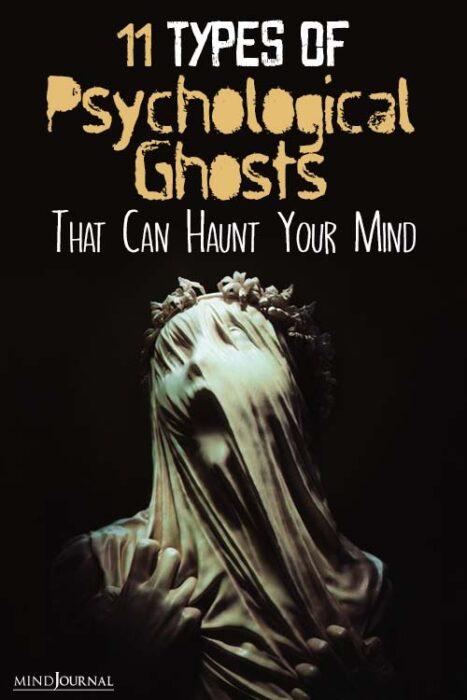
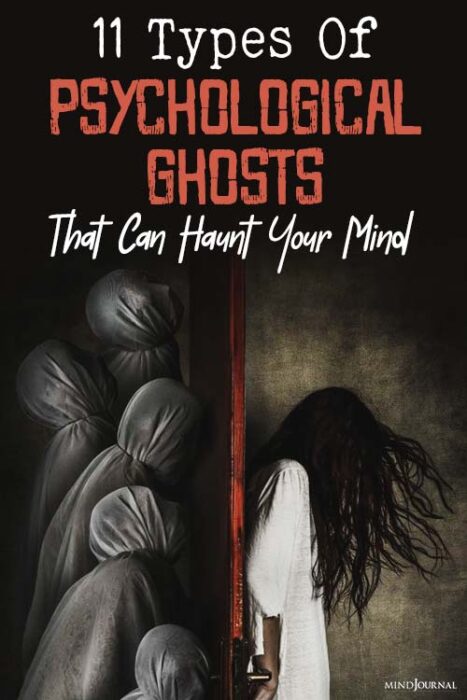
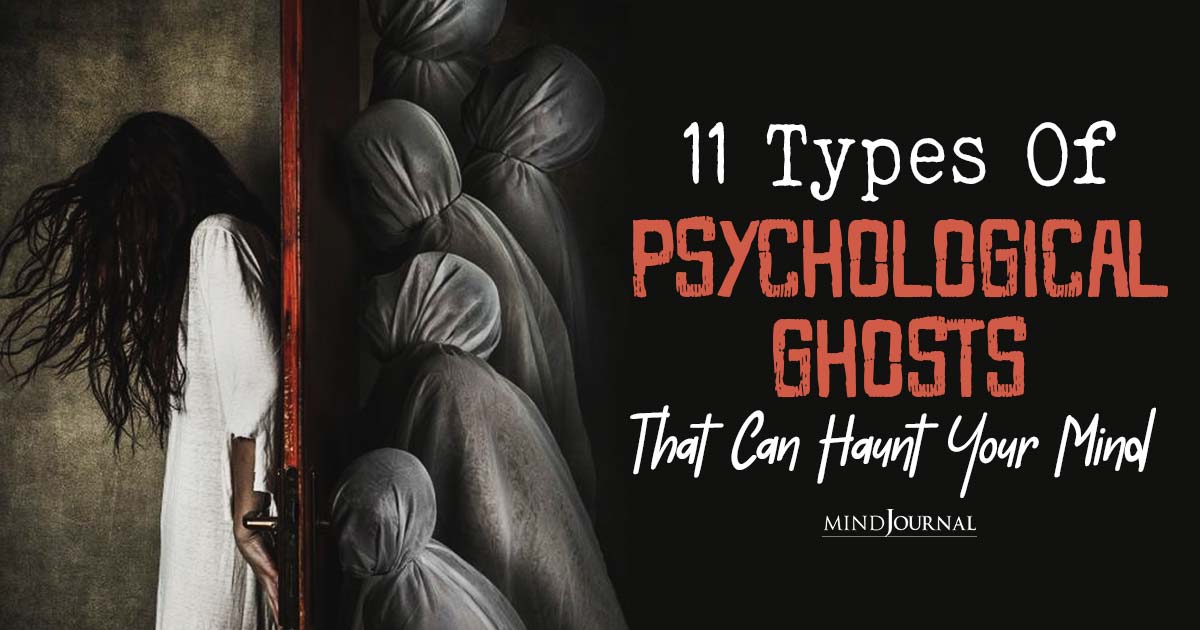







Leave a Reply
You must be logged in to post a comment.